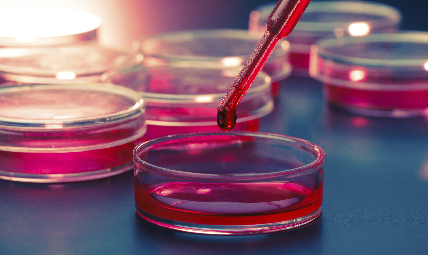Cambridge Enterprise has passed an important milestone in its efforts to bring the benefit of research reagents generated at the University of Cambridge to the worldwide research community, with more than 100 reagents now available for licensing.
Research reagents are the building blocks which allow medical researchers to carry out their work. The reagents developed at Cambridge, such as antibodies, cell lines and hybridomas, are in great demand by the wider research community and are key tools in the fight against diseases such as diabetes, cancer and autoimmune disorders.
Rapid access to these reagents is key, and a whole industry has become established to supply these reagents to researchers across the world, reliably and at short notice.
Cambridge Enterprise, the University’s commercialisation group, has been addressing the demand for reagents developed at Cambridge by providing a service which makes them available for licensing by commercial partners.
The researchers who developed the material share in the returns from any sales of the reagents, generating income which can support further research activities.
The service provided by Cambridge Enterprise now has more than 100 reagents that are available for licensing and has concluded over 140 commercial agreements for materials.
In order to maximise the availability of reagents Cambridge Enterprise usually licenses reagents under non-exclusive agreements. Researchers are free to continue to distribute their material as they wish to academic colleagues and collaborators.
“Specialised reagents with good academic credentials are such an important research tool in so many different fields,” said Professor Ken Siddle of the Department of Clinical Biochemistry, who has developed a number of antibodies to the insulin and IGF receptors for the study of insulin resistance and non-insulin diabetes. “Additionally, the service which Cambridge Enterprise provides allows researchers to achieve demonstrable impact from their research, which has become a key consideration over the past few years.”
“We have been providing this service for close to five years,” said Dr Emma Barker of Cambridge Enterprise. “We’ve seen a steady increase over that time period, demonstrating the value of the service which we provide, which expands the area of research and allows researchers to get a share of revenue from any sales, which they may use to support the research of their group into the future.”











